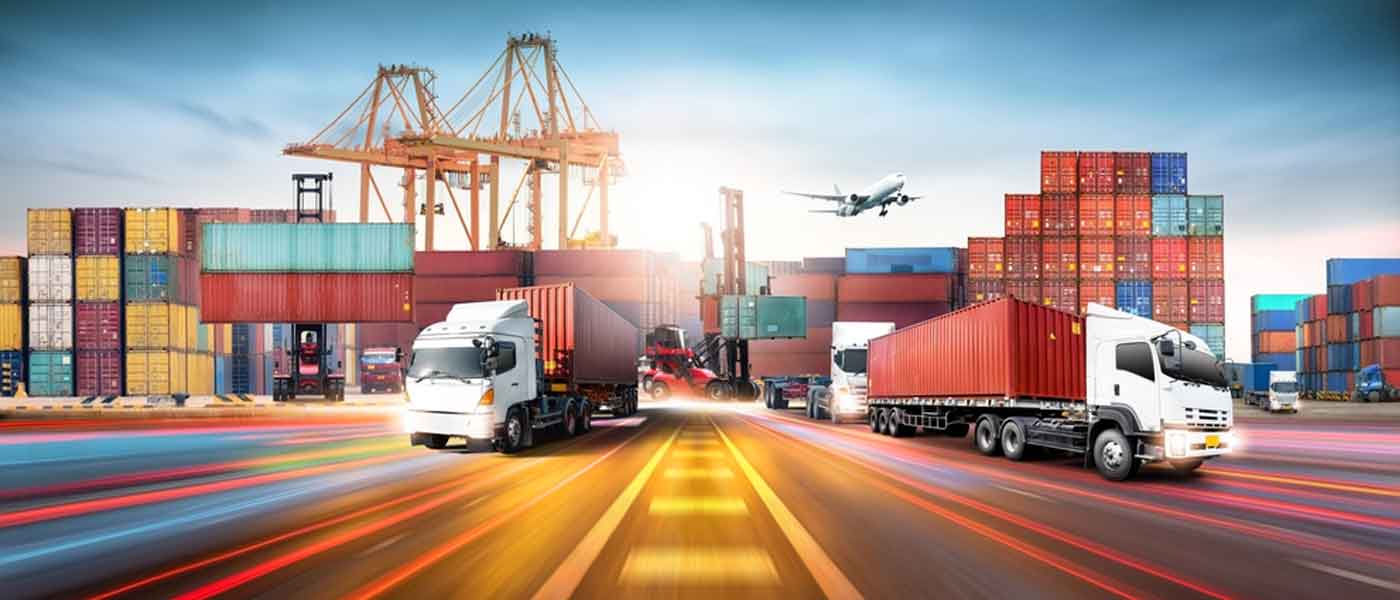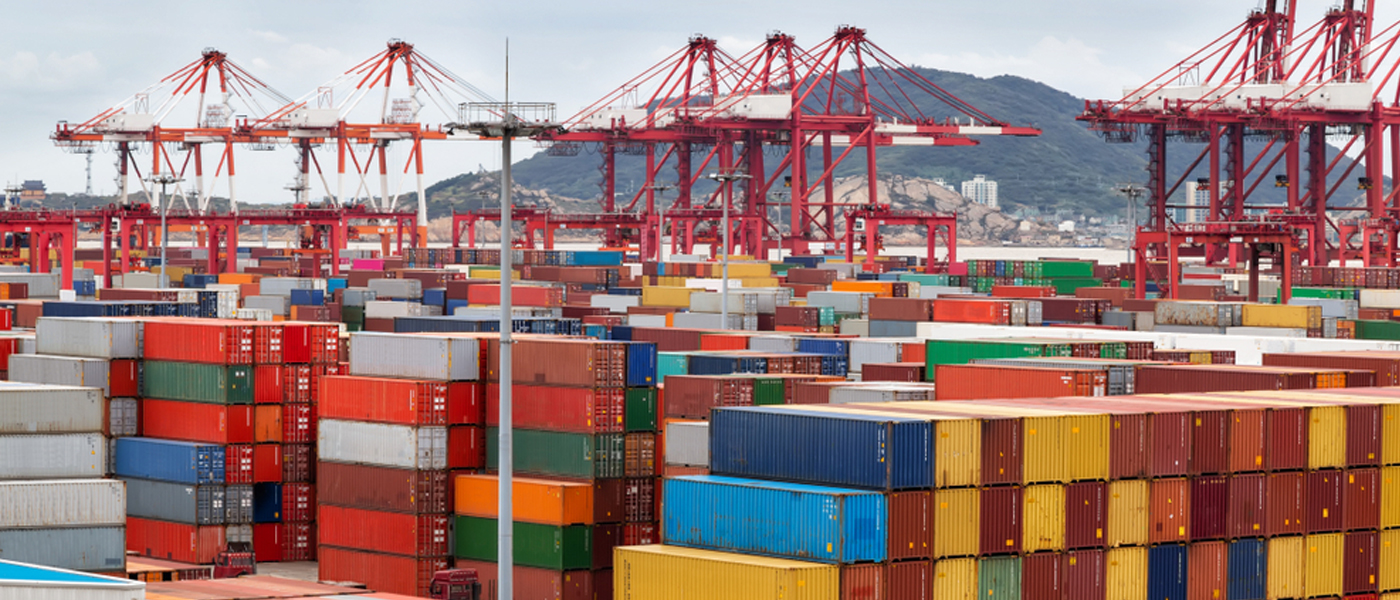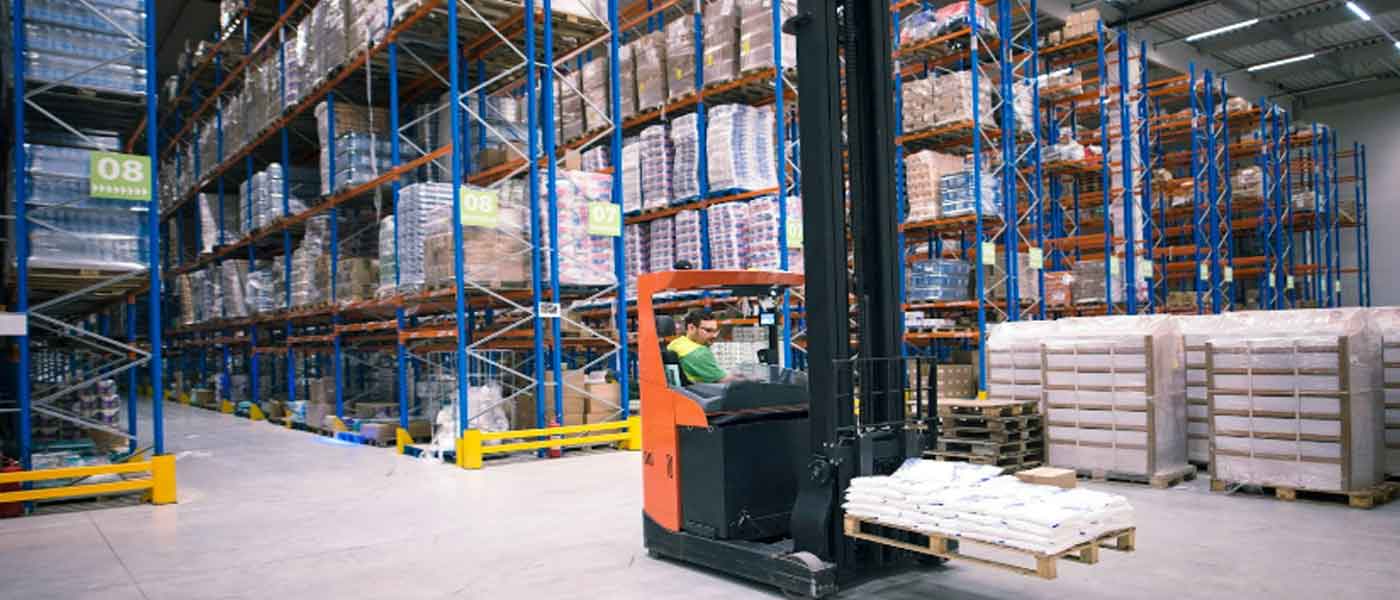Blogs
Supply Chain Learning Guaranteed
Blog
View all
All
News
June 17, 2025
South Africa’s proposed Merchant Shipping Bill—designed to support a state-owned shipping line and introduce cabotage rules—has drawn strong pushback from freight forwarders and industry stakeholders.…
June 17, 2025
The ongoing Red Sea crisis has significantly reshaped global shipping routes, with most new container capacity now being redirected to the extended Asia–Europe trades via…
June 17, 2025
In a rare and urgent move, three major maritime bodies—the United Kingdom Maritime Trade Operations (UKMTO), Maritime Security Centre – Horn of Africa (MSCHOA), and…
June 17, 2025
Port congestion across major northern European container terminals is intensifying and is expected to persist through July, as a mix of operational hurdles and global…
June 17, 2025
The global shipping industry is experiencing a sharp upswing in ocean container demand, particularly on the eastbound trans-Pacific trade, driven by a temporary easing of…
June 17, 2025
The Khanpur Inland Container Depot (ICD) project is now on course to be officially delisted from the Indian Line of Credit (LoC), following a January…
Different types of goods call for different types of transportation. Selecting a suitable mode of transportation is crucial for any…
The modern-day shipping industry has paved the way for intermodal shipping. Also, with increasingly complex supply chain networks, the need…
How AI and Machine Learning Influence Logistics The digitalisation of logistics transforms every aspect of the supply chain for businesses…
India launched the National Logistics Policy (NLP) on 17th September 2022, with the aim of promoting a seamless movement of…
The logistics industry is growing by the hour, driven by today's tech-savvy consumers and their increasing demand for fast delivery…
For years, third-party logistics (3PL) companies have helped businesses scale their operations globally and reduce warehousing and distribution costs. 3PL…









